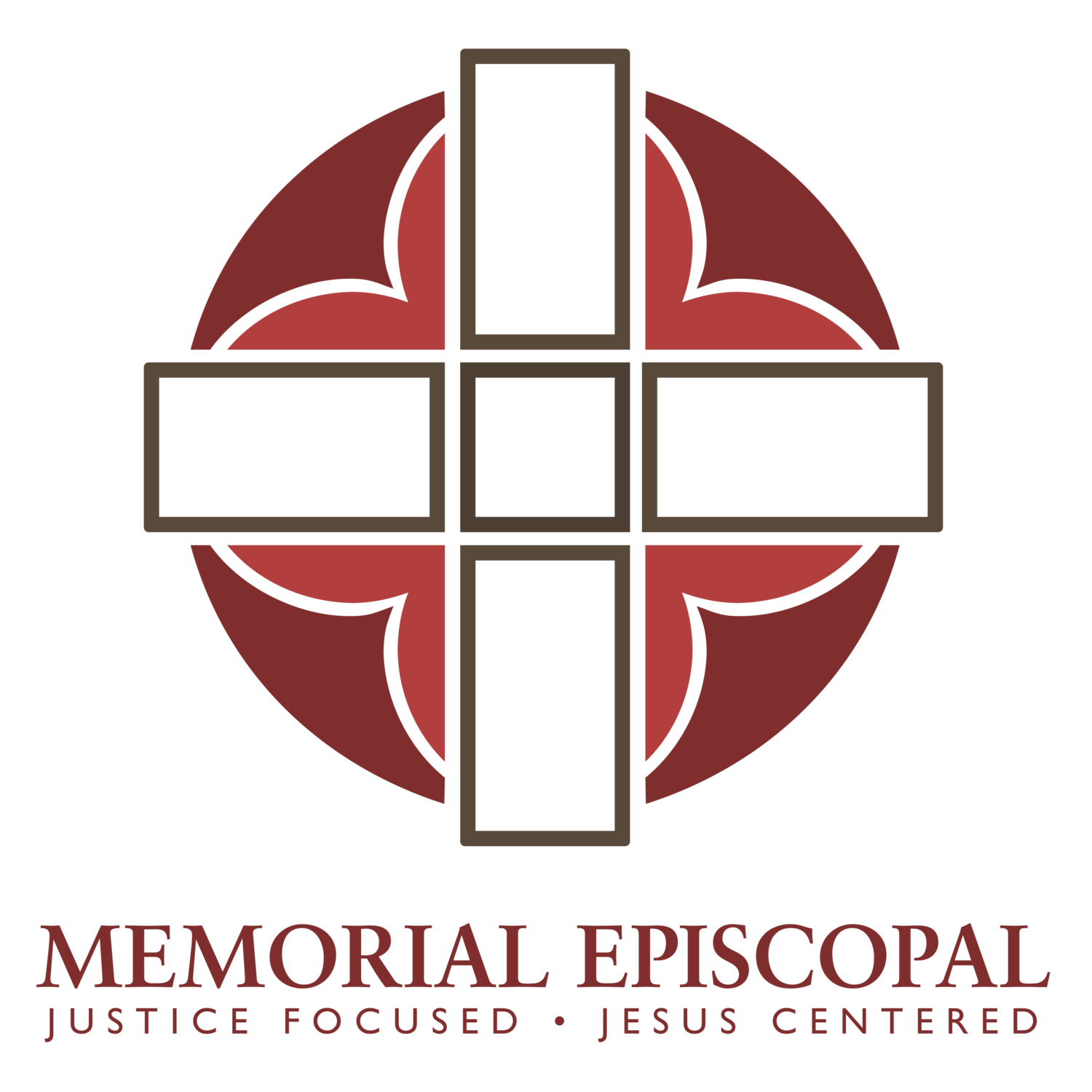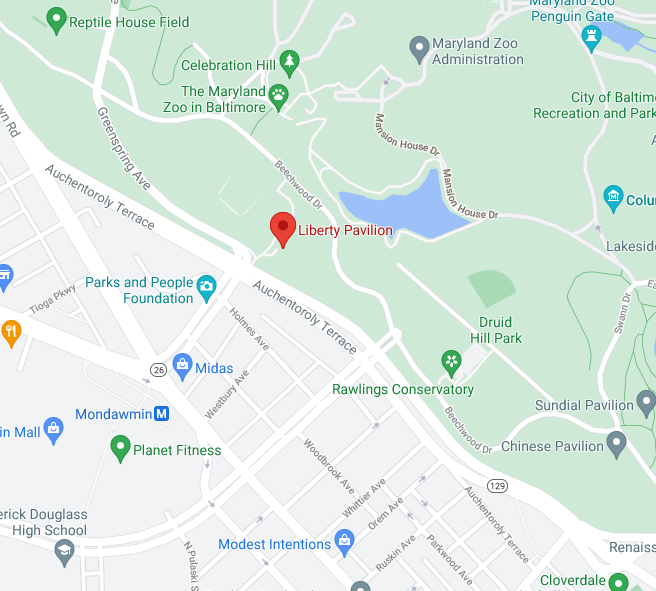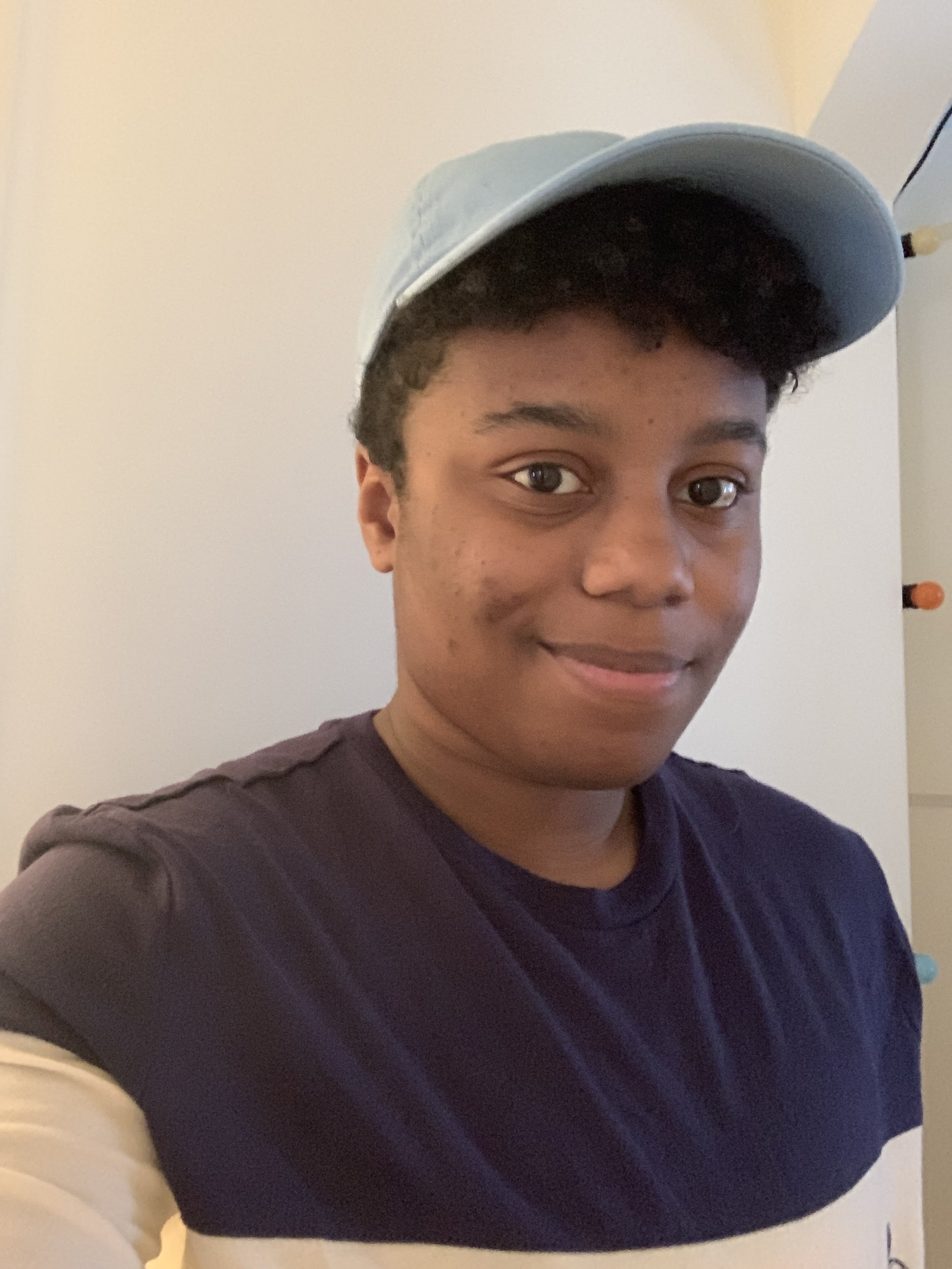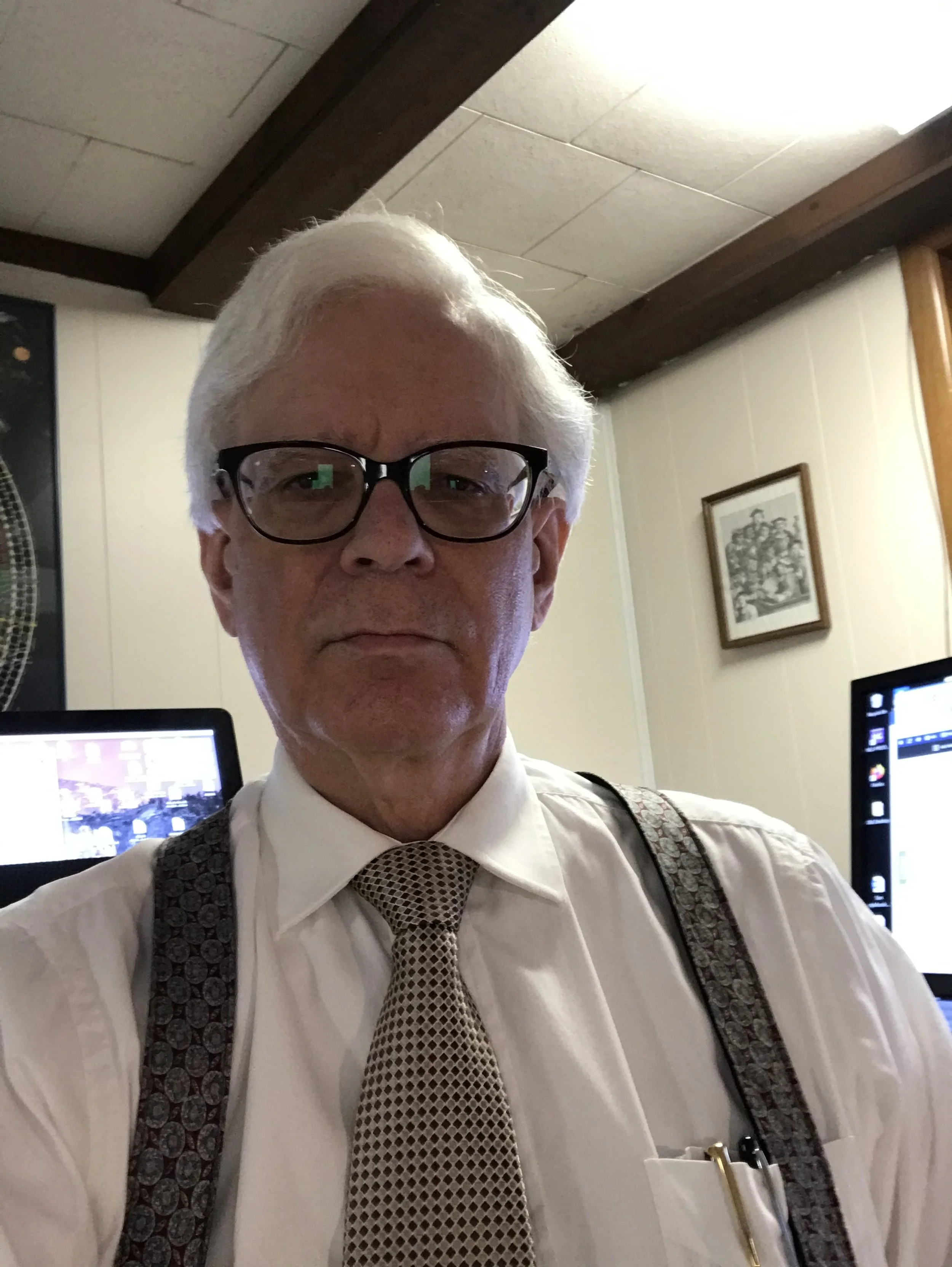Jeremiah 23:1-6 – Woe to the shepherds who destroy and scatter the sheep of my pasture! says the Lord
Something that smacks you in the face over and over when visiting India is the continued impact of Colonialism on the life and culture of the place. It is present everywhere, from the food to the religion to the architecture to the bureaucracy, the legacy was everywhere. In our western binary of good and bad we put colonialism squarely in the bad column. However, for India and Indians, they would not be who they are without it. Kashmiri Chilis, a staple of southern india cuisine, originally come from Latin America - brought by the portuguese. The Architecture of the Taj Mahal and many of the royal palaces is a blend of Hindu, Arab, Chinese and Latin architecture. The Agra Fort was built by an Indian King who married a Muslim, a Christian, and a Hindu woman and built each one a palace inside specific to their faith.
Because America is so young, we tend to divide our history into neat pieces that fit together. From the revolutionary period to westward expansion, the antebellum, civil war, reconstruction, the great migration, the industrial revolution, the great depression, World War II, to the baby boom, the cold war, 9/11 up to today. And we like our religion to do the same thing. First A, then B, then C.
But traveling through India is a constant reminder that things are rarely that simple; in life and in faith. I am sure I am not the only one whose faith journey has had peaks, valleys, detours and frequent bathroom breaks. This brief snippet from Jeremiah is a reminder that you and I are not alone in that. Here he is admonishing the priests and prophets who are supposed to be following God’s word that they are leading everyone in the wrong direction, and God is just going to leave them behind. And what was their big mistake? Not caring for the flock. Not providing for the sick, the friendless, the needy, the foreigner, the widower. Sometimes in our zeal to be good followers of God, we forget to care for each other.
One side effect, perhaps, of colonialism is that people are very pragmatic about religion. Perhaps it is because they recognize it is sometimes a political wedge, perhaps it is because of the ecumenical nature of Hinduism, perhaps it is the weather, but you do not visibly see the same kind of conflicts over religion and public space that you see in other parts of the world. You do, however, see a lot of concern for the care for others and for God’s creation. Perhaps there is something for us to learn from an approach less dictated by dogma and more influenced by caring for the lost (and not so lost) sheep.








